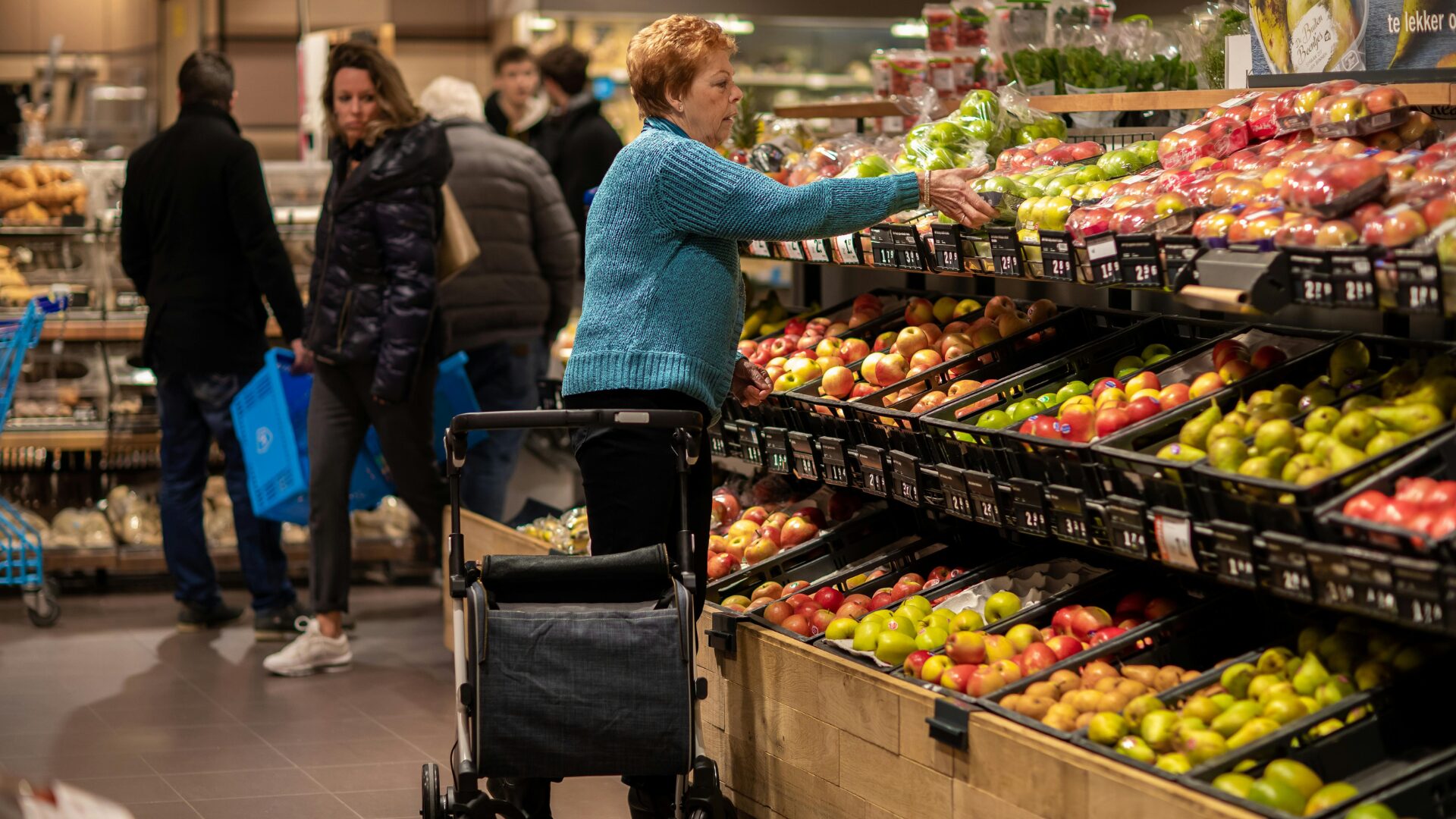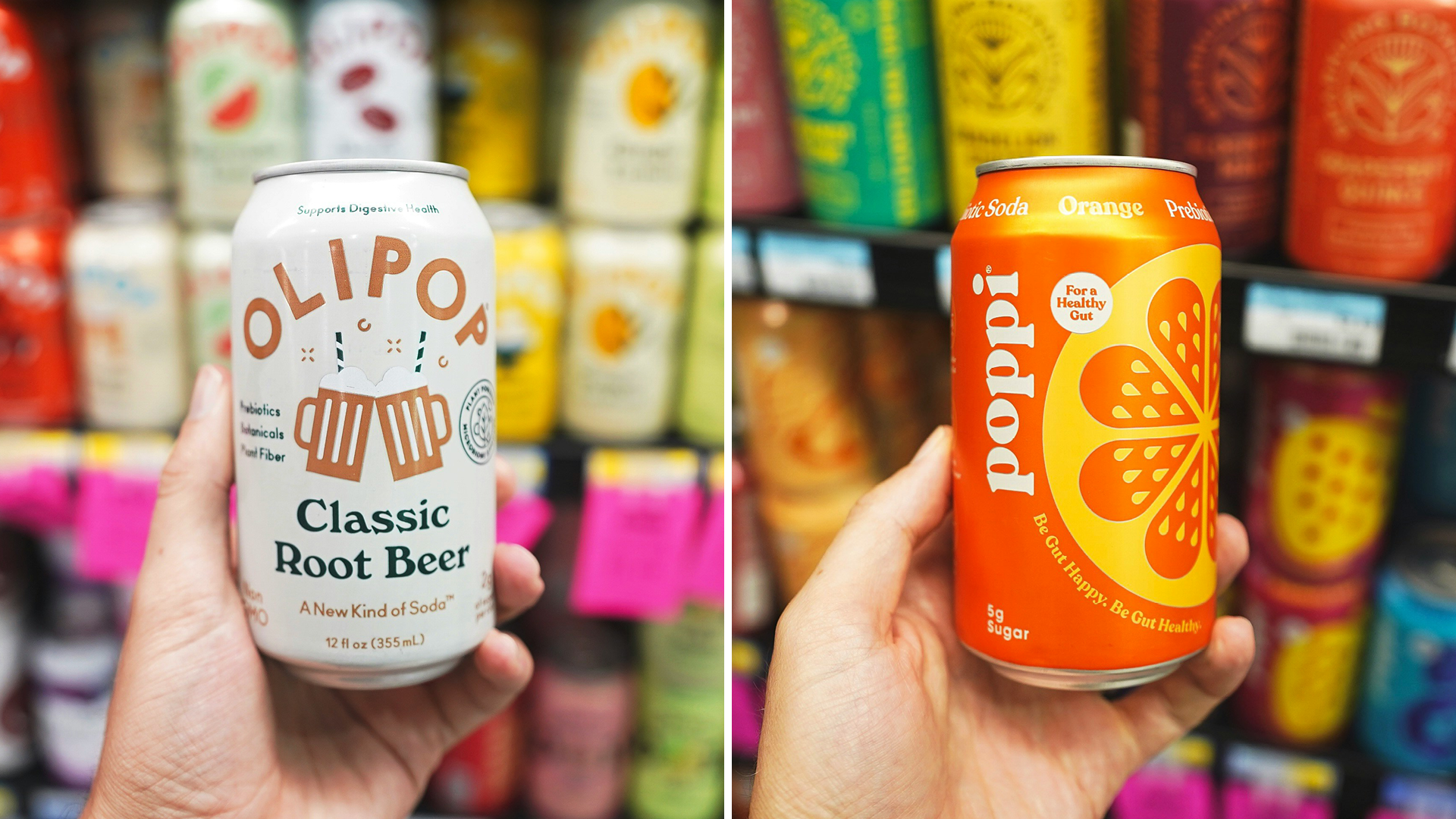Stay-at-home orders around the world have created many new at-home bakers, putting suppliers under pressure.
Baking staples are becoming hot commodities, with sales of baking yeast up 457% over last year for the week ending March 28, according to Nielsen data, reported Bloomberg (April 10). Flour was up 155%, baking powder up 178%, butter up 73%, and eggs up 48%.
Americans are “home baking more than ever before,” according to Kelly Olson, a spokeswoman for Red Star Yeast. The company said the demand spike was unexpected and it’s doing all it can to replenish empty store shelves. “We hope to have availability at retailers back to normal within a few weeks,” said Olson.
Flour makers are trying to keep up with demand. Central Milling said on its website that “significant” increases in online orders led to out-of-stock items.” Bob’s Red Mill, which is known for its wide selection of grains and flours, also posted a note to customers describing an “unprecedented” surge in demand.
Additionally, Hopkinsville Milling Co. is packing twice as much flour as normal, according to president Robert Harper. This time of year is usually slow for the mill as home bakers tend to bake more in the winter months. “It started to look like Thanksgiving and Christmas all rolled into one,” Harper said. “People have time on their hands and are trying to save some money.”
The UK is facing a similar situation. Grocery sales of flour were up 92% in the four weeks to March 22 compared to the same period last year, according Kantar, reported BBC (April 9).
The National Association of British and Irish Millers (Nabim) said the industry is “working round the clock,” milling flour 24 hours a day, seven days a week to double production—but still struggling to meet demand.
Only around 4% of UK flour is sold through shops and supermarkets, according to Nabim. The majority is produced in bulk and delivered in tankers or bags of more than 16 kg. to bakeries or other food manufacturers. However, the association said ordinary shoppers are purchasing much more flour than normal, with existing stocking being quickly used up.
One option the industry is considering is the possibility of shops selling larger bags, since it is better equipped to produce in bulk.
Canada is experiencing the same trend. Inventories of flour and yeast have been depleted on store shelves across the country, reported The Globe and Mail (April 1).
The owners of Flourist, a mill and bakery in Vancouver, saw a 200% increase in sales over the past month, even as they pivot to a non-contact pickup and delivery hub for local customers. “We have a very robust supply of grain, but we mill to order with our stone mill, and the orders very quickly reach, and then exceed, our daily capacity,” said co-owner Jenna Bishop. “We’ve had to make our flours unavailable online for almost a week now so our small team can catch up.”








